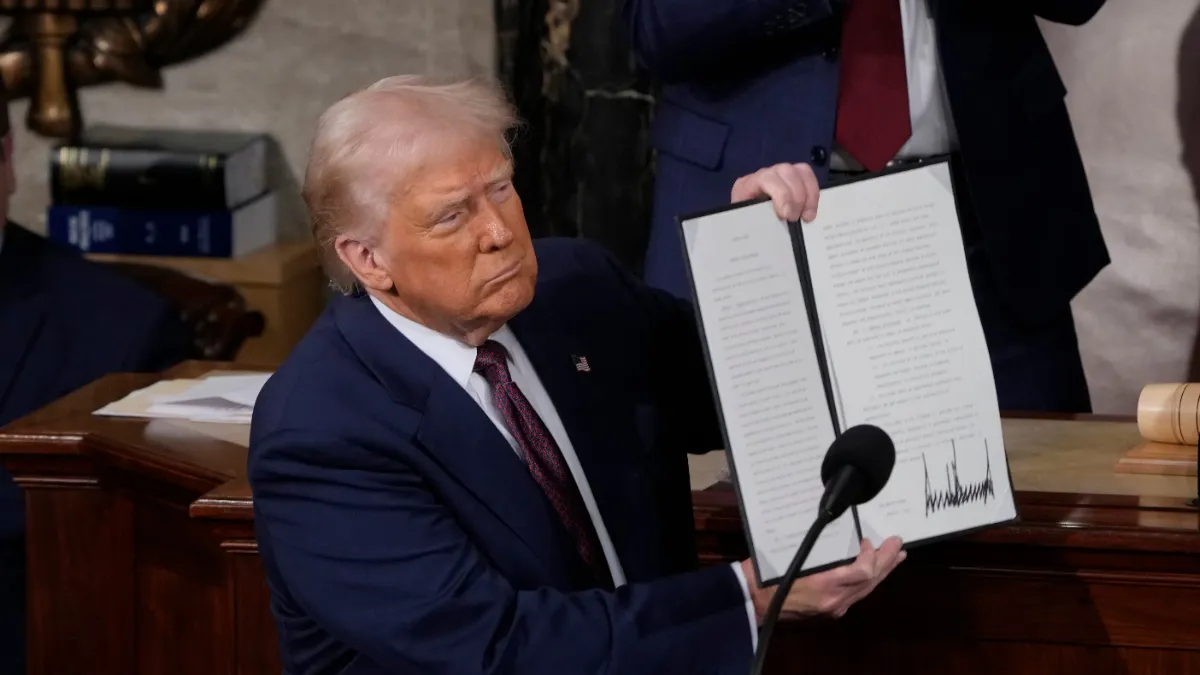U.S. Appellate Court Blocks Trump’s Use of the Alien Enemies Act Against Venezuelan Gang Members

Landmark Ruling Limits Wartime Powers in Peacetime Immigration Cases
In a major constitutional and immigration-law ruling, a conservative panel of the 5th U.S. Circuit Court of Appeals has ruled that former President Donald Trump cannot use the 1798 Alien Enemies Act to deport alleged members of Venezuela’s Tren de Aragua gang. The Act, enacted during an era of conflict, grants sweeping powers to handle foreign nationals during wartime. But the court emphasized that illegal immigration or criminal activity—even by violent gangs—does not constitute the type of military invasion or “predatory incursion” envisioned by Congress in crafting the law. Justice Leslie Southwick, joined by Justice Irma Carrillo Ramirez, authored the 2–1 majority opinion stating that invoking such a statute during peacetime is a legal overreach. The dissent by Judge Andrew Oldham argued that the president’s national security decisions shouldn’t be second-guessed by courts. This ruling could have widespread implications for the limits of executive power during non-war times.
Background: The Alien Enemies Act and Trump’s Proclamation
In March 2025, President Trump issued a proclamation invoking the Alien Enemies Act, claiming that the Tren de Aragua gang—allegedly tied to Venezuela’s regime—was committing a hostile incursion into the U.S. The decree authorized the deportation of individuals over 14 identified as members of the gang, even sending them to a detention facility in El Salvador. Civil rights groups like the ACLU then filed lawsuits, such as J.G.G. v. Trump, challenging the legality of bypassing standard immigration procedures. Judge James Boasberg of Washington, D.C., issued an initial restraining order, arguing that the law had only ever been used during declared wars. The Supreme Court later ordered due process protections and hearings for those affected, signaling judicial concern over rapid deportations under this wartime statute.
Intelligence Reports Contradict Trump’s Justification
Further undermining the administration’s stance, a U.S. national intelligence assessment found no evidence of coordination between the Venezuelan government and Tren de Aragua. Conducted by multiple agencies—excluding the FBI’s limited dissent—the study concluded there’s no credible link to support Trump’s claim of state-directed narco-terrorism. The memorandum emphasized that the gang functions as a decentralized criminal entity rather than a government-aligned force. This intelligence directly contradicts the narrative used to invoke the wartime law and bolsters critics’ arguments that the Act was misused to target vulnerable migrants without due process.
What This Judgment Means for Executive Power and Future Legal Battles
This ruling is a significant check on executive power, reinforcing the principle that wartime laws cannot be stretched to apply in peacetime policy, particularly in the context of immigration enforcement. It aligns with similar rulings across lower courts, reinforcing emerging judicial resistance to expansive—but unprecedented—applications of the Alien Enemies Act. However, as the ruling currently applies only in Texas, Louisiana, and Mississippi, its broader impact hinges on potential review by the U.S. Supreme Court. If upheld, it could set a precedent safeguarding civil liberties against administrative imposition masked as national security.